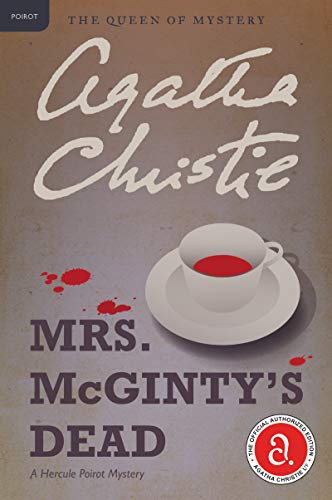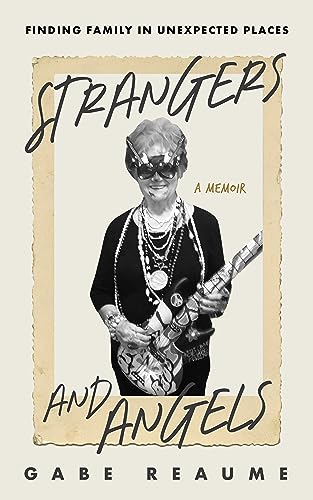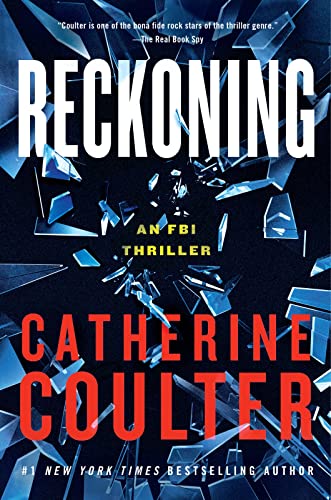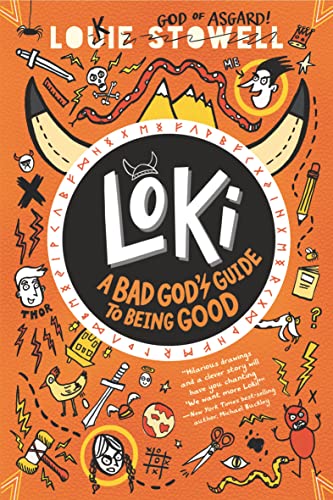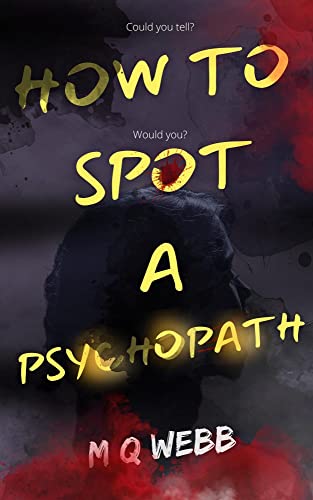(My weekly post for TeleRead.com for Friday, 2.13.09)
By Stephen Windwalker, founder and publisher of the weekly Kindle Nation newsletter
This week we shall speak of robots and pirates and a kerfuffle without a cause. Or not.
Among the more intriguing innovations new to Amazon’s just-launched but still unshipped Kindle 2 is a “Text-to-Speech” Read-to-Me feature wherein a somewhat creepy and robotic “voice” will read aloud to you from any text file that you purchase or otherwise acquire and download to the device. Whether it’s the latest New Yorker, a memo your boss sent you, or The Brothers Karamazov, the Kindle 2 will read it aloud while you are cooking, driving, or dozing off (hopefully not in that order), turn its own pages for you, and mark your place in case you wish to return to more active reading later. I fully expect that a future volume of DSM-IV will have a name for at least one syndrome originating from its victims’ childhood experience of having been forced to listen to bedtime stories read by the Kindle 2.
However creepy or psychologically scarring it may be under some circumstances, Read-to-Me scores high enough on the convenient and cool gadgetry scales that Amazon may have a clear winner: a feature that will drive Kindle device and book sales by adding new and special value to the books and other content that people buy from the Kindle store. Amazon and its Kindle already have a huge edge on e-book competitors based on access to publishers, front- and mid-list titles, and readers and their credit card information and practices. Read-to-Me will only magnify that edge, if it survives.
Which, if Author’s Guild executive director Paul Aiken has a say, may be in question.
Amazon has labeled the Read-to-Me feature “experimental,” which means that it reserves the right to discontinue it at any time. When the original Kindle was launched 15 months ago, its “experimental” features included the free 3G Whispernet wireless web, which was a great selling point and a keeper of an idea, and another idea so goofy that, well, the fact that it made it as far as the Kindle’s launch suggests that it may have come right from the top. That idea was called “NowNow” — think Ask Jeeves meets the Kindle, but just don’t ask Jeeves any questions about Amazon or the Kindle! — and it was neither a keeper nor much of a starter.
So, why is Amazon applying the “experimental” label to its “Text-to-Speech” innovation?
Those of us inclined to put two and two together may divine some connection between the “experimental” hedge and the fact that Aiken has come out swinging against “Text-to-Speech” with the distinct sound of a man who is speaking to copyright attorneys about an authors’ rights lawsuit.
“We’re studying this matter closely and will report back to you,” says the Author’s Guild website, and it advises authors to be tenacious with their e-book rights. The website also notes that audiobooks “surpassed $1 billion in sales in 2007,” much higher than e-book sales. After principles can be much more compelling when they are backed by 10-figure revenues.
The Author’s Guild is not widely known as a particularly democratic, open, or truly author-driven organization — compared, say, with PEN or the National Writer’s Union — but it has received plenty of ink lately with a reasonably successful legal settlement against Google Book Search and a less effective campaign against the Amazon Marketplace used book portal. At times the Guild has diminished its own gravitas by taking positions such as one which was widely interpreted to question the right of libraries to lend books to their patrons.
Amazon’s attorneys are no slouches, and most of the smart money and the smart people are on Amazon’s side here. When lawyers parse these issues they may make distinctions between public and private practices and between recordings and the transitory rendering of a purchased text in audio form.
If Paul Aiken should walk into a public performance hall at some point and find a Kindle propped up at a lectern reading aloud to a crowd of rapt listeners, he should by all means make a citizen’s arrest. But a copyright case targeting Kindle customers who purchase an electronic book file and then use available software to listen to part or all of it in the privacy of their homes seems as laughable as the one about the library books.
Still and all, as much as I am hoping to enjoying listening to my Kindle 2 read to me, discreetly, for years to come, I wonder if this “Text-to-Speech” kerfuffle may lead us into a further roiling of the waters. After all, this “Text-to-Speech” software is the product of Nuance, the Burlington, MA, software developer behind the popular Dragon Speaking Naturally “Speech-to-Text” programs. To my knowledge, nobody yet has sufficiently hacked Amazon’s DRM-laden .AZW Kindle text files to open them up beyond the Kindle Store where untold acts of piracy might be lurking, but if “Text-to-Speech” starts talking to “Speech-to-Text,” might there not be hell — and a lot of lawyers — to pay?
Stephen Windwalker has been writing about Amazon’s strategic innovations since his niche bestseller on online bookselling in 2002, and his Complete Guide to the Amazing Amazon Kindle was the top-selling title in the Kindle store for 17 weeks in 2008, but on advice from Amazon’s attorneys Windwalker refuses to divulge how many books have been sold. Stephen is also publisher of A Kindle Home Page and the weekly Kindle Nation email newsletter.

